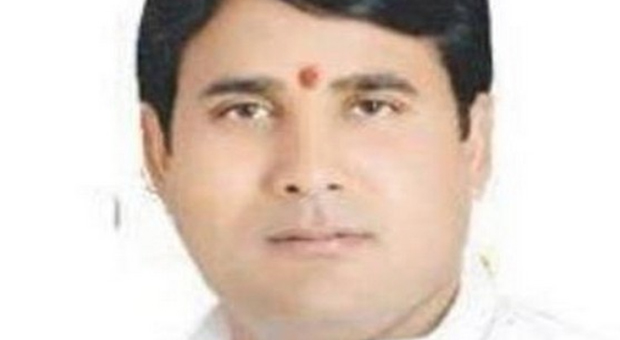New Delhi, Jun 11: Rajasthan chief minister Ashok Gehlot has obliquely hinted that the opposition Bharatiya Janata Party (BJP) is pulling out all stops to destabilise the Congress-led government by luring some of the ruling party’s members of the legislative assembly (MLAs) with Rs 25 crore each.
He alleged that the BJP’s plan is similar to that of toppling the erstwhile Kamal Nath-led government in Madhya Pradesh (MP) and some of his party lawmakers have been offered Rs 10 crore each in advance of the promised sum of Rs 25 crore.
The CM made these allegations while speaking to media persons late on Wednesday night, when the Congress took its 107 party MLAs and 13 independent lawmakers to a resort located on the outskirts of Jaipur for a meeting ahead of the upcoming Rajya Sabha polls for three seats from the desert state slated to be held on June 19.
The 120 MLAs will be shifted to the resort on Thursday.
“Our MLAs are intelligent, alert, and united. Rajasthan is the only state in the country, where 13 independent MLAs supported our government for neither exchange of any money nor post. However, the condition on which our MLAs left the party for the BJP in MP is not good,” Gehlot said.
Rajasthan government’s chief whip Mahesh Joshi in a complaint to the director-general, anti-corruption bureau (ACB), has alleged attempts to poach Congress MLAs and the independent lawmakers, who are supporting the Gehlot-led government.
“Attempts are being made to destabilise the government in Rajasthan on the lines of Karnataka and MP,” Joshi alleged.
Gehlot said that he would hold another round of meeting with the 107 Congress and 13 independent MLAs on Thursday.
The CM also targeted Prime Minister Narendra Modi, alleging that the Upper House elections were postponed under pressure because the BJP could not poach an adequate number of MLAs in Rajasthan and Gujarat.
He blamed the saffron party for its lack of faith in democracy, as it has ensured the resignation of eight Congress MLAs in Gujarat since March, including three earlier this week.
Mukesh Pareek, BJP’s state spokesperson, refuted the allegations levelled by CM Gehlot against his party and asked the ruling Congress to give evidence of alleged poaching of its and independent lawmakers.
‘The Congress has failed to manage its own house. There is growing resentment in the party’s rank and file over its failed national leadership,” Pareek alleged.






Comments
Add new comment